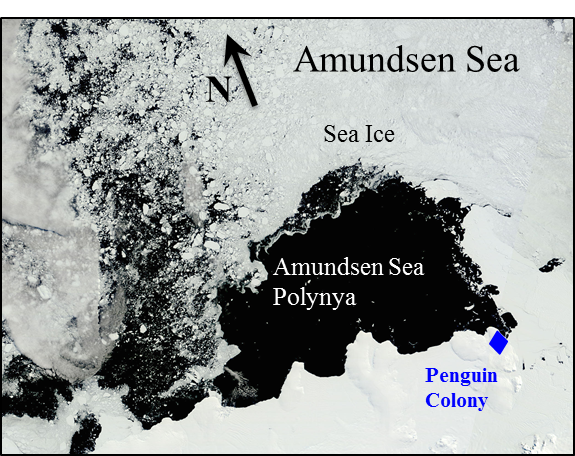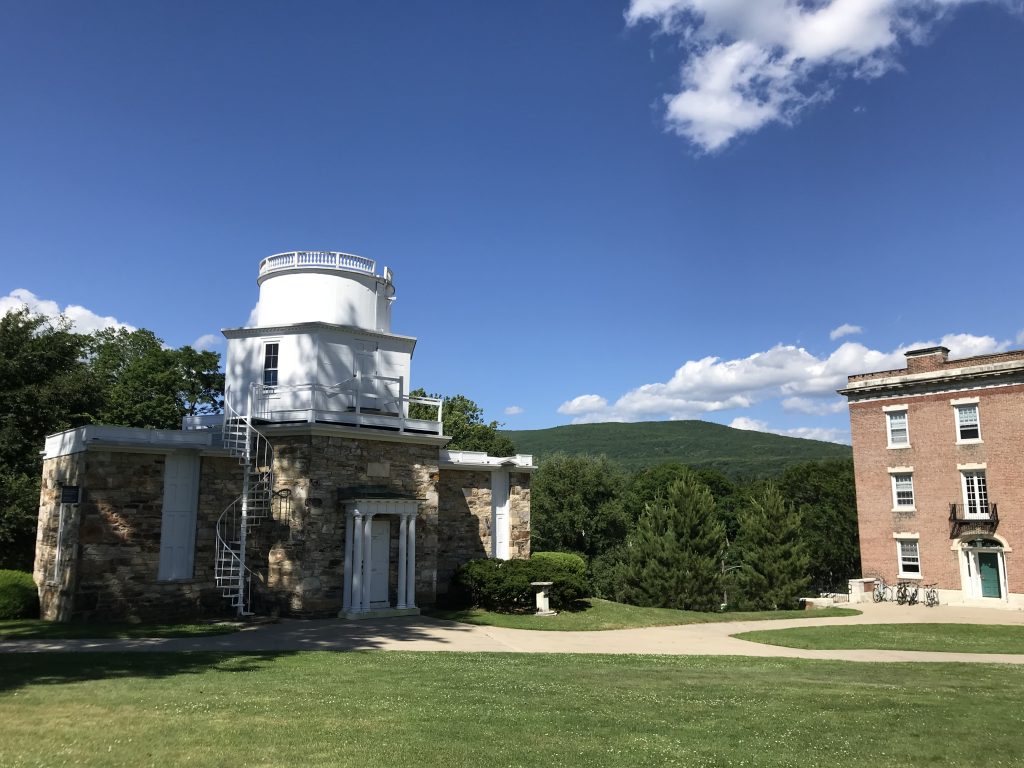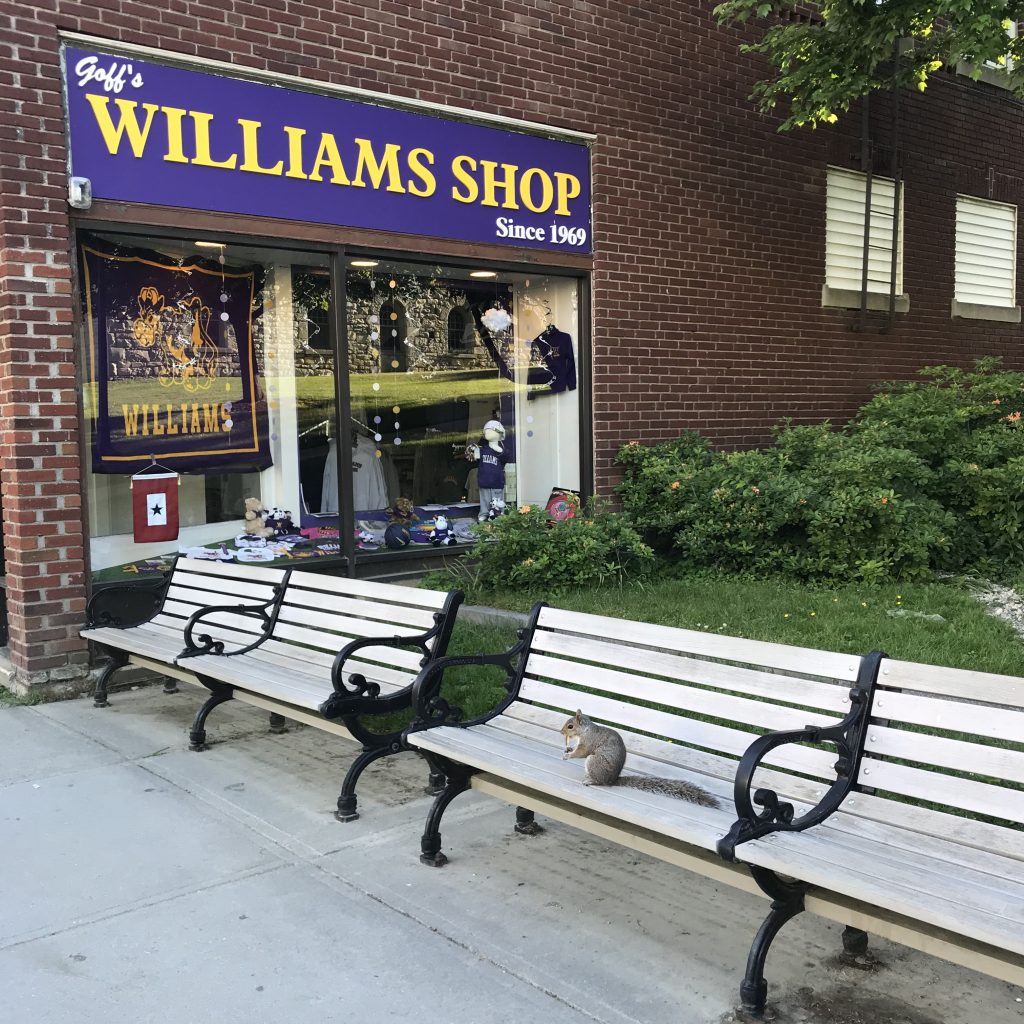
A typical FACS analysis procedure.
Name: Viktoriia Borodina
Class Year: 2021
Major: Biology (prospective)
Hometown: Novosibirsk, Russia
Internship Location: Washington University in St. Louis School of Medicine
Title: Research Intern
City: St. Louis, Mo.
This summer, I was privileged to be selected for the Leah Menshouse Springer Summer Opportunities Program that allows undergraduate students to pursue research in various biomedical fields. I was assigned to work at the Dr. Pachynski’s lab that is focused on cancer immunotherapy research.
As a part of the internship, I had a chance to develop and work on an independent research project which was also focused on cancer immunotherapy investigations. Specifically, I investigated whether the CMKLR1 receptor (chemokine-like receptor for which chemerin serves as a ligand) may be induced on T-cells and NK-depleted splenocytes in the presence of various factors present in the tumor microenvironment. The field of cancer immunotherapy has been rapidly developing in the past decade, as it allows to use patient’s own immune system to fight cancer.
Some of my daily responsibilities included obtaining splenocytes and isolating various immune cells from mice to plate in various factors, stain with fluorescent antibodies and analyze those cells later on.
I applied for this internship to gain first-hand research experience in the area of medical research. Further, I have worked on various immunology research projects in Spain before, and was thrilled to apply these skills to the oncology research.
My biggest challenge was working independently in the laboratory – while I had research experience before, I always had a research supervisor closely working with me. This time, however, I had a chance to develop and carry out a research project in a new area for me. While working with various reagents and equipment on my own was challenging at first, this experience had truly made me a better scientist.

Dr. Pachynski’s Lab group photo.
The skills I learned at the lab are much more universal than I have expected them to be. While I have learned the basic molecular biology and immunology laboratory techniques, there were many other skills that are easily applied outside of laboratory. I have frequently used data analysis software for large amounts of data, as well as enhanced my knowledge and proficiency in the Office apps and online research. Besides, developing a project allowed me to develop critical thinking, persistence and being comfortable with risk.

Working in a hood.







